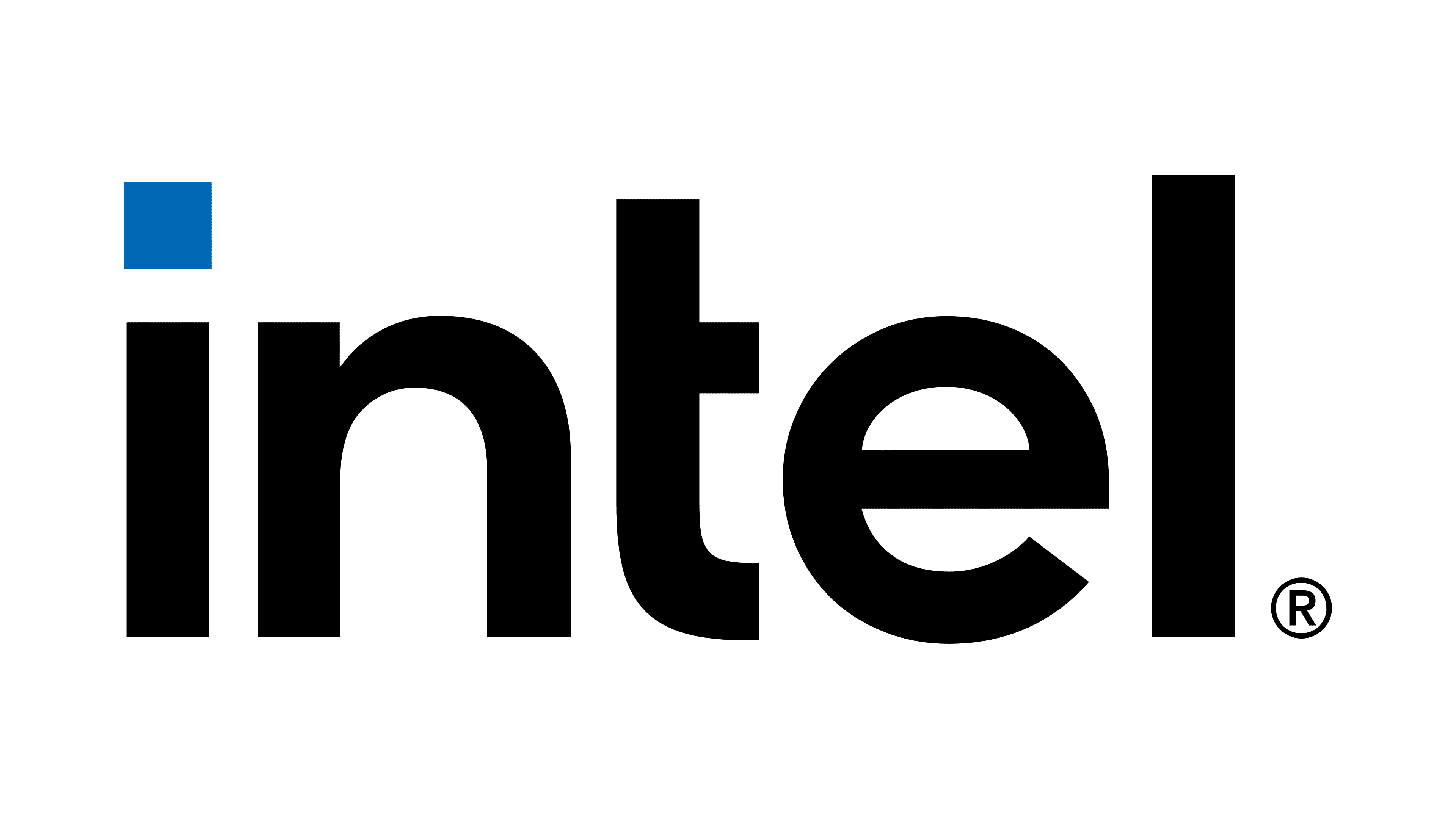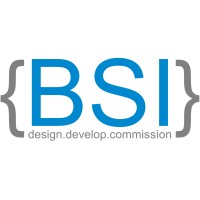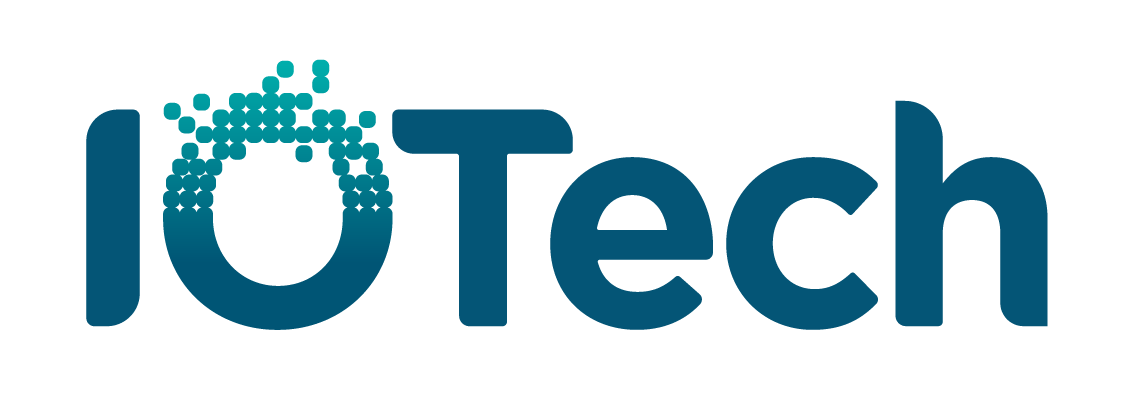POSTPONED - please note this event has been postponed indefinitely.
Social media and LF communications will be used to announce the reschedule of this event.
Event Information
EdgeX Foundry welcomes teams and individuals to compete in our Smart * ("Smart Star") IoT/edge virtual hackathon event starting in January 2022. In this event, teams will compete to create innovative, real world, smart applications using EdgeX Foundry. Participants will use their talents and creativity combined with the EdgeX framework, and the rules of the event to develop a solution in any one of the contest specified smart use case areas.
This event will be held "virtually" over five weeks. Participating teams will be judged on several criteria by an assembly of IoT/edge experts as well as by EdgeX Foundry member companies.
Use Case/Scope
Teams can submit solutions in one of the following categories of smart applications:
- smart building - the use of EdgeX in a solution that improves the safety, security, or efficiency of a building or provides building inhabitants more comfort, quality of life or productivity enhancements.
- smart agriculture - the use of EdgeX in a solution that increases the quantity or quality of crop and animal products, reduce labor costs or improves safety of ag workers or the food supply they deliver.
- smart energy - the use of EdgeX in a solution that improves energy (electric, gas, etc.) efficiency, optimizes energy storage or transportation, reduces environmental impact from energy use, improves energy sustainability, or helps ensure or protect energy grid safety.
- smart manufacturing - the use of EdgeX in a solution that improves manufacturing/factory output, optimizes supply chain flow in the manufacturing process, reduces loss, prevents maintenance or other manufacturing system outages, reduces energy use, or improves worker safety
Contest entries will be, in part, judged on how well the solution exemplifies the ideals of a smart system in one of these categories.
In general, smart systems "incorporate functions of sensing, actuation, and control in order to describe and analyze a situation, and make decisions based on the available data in a predictive or adaptive manner, thereby performing smart actions. In most cases the “smartness” of the system can be attributed to autonomous operation based on closed loop control, energy efficiency, and networking capabilities." Wikipedia
Schedule
| Dates | Phase | Description |
|---|---|---|
| Jan 21, 2022 | Entry deadline (5pm EST) | All participants/teams must be registered (Register here). |
| Jan 24-28 | Training (optional) | Participants will be allowed to attend 5x2 hour training sessions on EdgeX Foundry presented by the EdgeX community developers. The sessions will be held virtually (via Zoom) and will run 2 hours each day of the training week (times to be determined). Training sessions will include:
This phase of the contest is optional for participants. The training is provided to assist those less familiar with EdgeX. Those that do not need or wish to attend the training may choose not to attend. The training sessions will be recorded and made available to all participants when completed. |
| Feb 7-11 | Design Review (optional) | Participants are allowed to schedule a 2 hour time to present their Smart * project solution to a panel of EdgeX experts and contest judges for any initial reaction, recommendations, and potential guidance. This phase of the contest is optional for all participants. Teams must coordinate a block of time with the challenge organizers. The presentation and review will be made via Zoom. |
| Feb 25 | Entry Solution deadline (5pm EST) | All teams must make their solutions available via file share or GitHub location and provide the link to the contest coordinator before the specified contest end time. No additional uploads or updates to content can be made to the solution after the contest deadline without contest coordinator approval. Teams are allowed to use and make available their own file share or GitHub location or request a repository from EdgeX Foundry (which will be made available in https://github.com/edgexfoundry-holding). |
| Feb 28-Mar 3 | Judging/Evaluation | Teams will present their solution to the judges. Each team will get an equal amount of time with judges and for presentation (specific time will depend on number of teams). Judges also meet and evaluate the projects during this week. |
| Mar 4 | Award Ceremony | Contest concludes with an online Zoom ceremony and award presentation (prizes will be mailed to award winners in the days following the ceremony). |
Rules
Participation
- This event is open to everyone.
- There is no cost to compete in the challenge.
- Participants may enter as individuals or as a team. There are no restrictions on the size of a team.
- There are no restrictions on the number of teams or individuals participating from any one organization or company.
- Judges are not allowed to compete in the challenge nor assist any team outside of the challenge review meetings.
- While an understanding of IoT/edge computing and EdgeX Foundry is very beneficial, participants do not have to have prior experience or expertise in these technologies. Participants without knowledge or experience in EdgeX are encouraged to learn about the platform and take the training offered at the start of the contest.
- This challenge is meant to highlight the benefits of using and acceleration of solution creation with EdgeX Foundry. While participating teams may incorporate additional IoT and edge tools, platforms and technology into their solution, the EdgeX community expects the EdgeX platform to be highlighted and reserves the right to disqualify any participating team solution that does not feature EdgeX.
- Participants acknowledge and agree that the solutions produced as part of this challenge will be made public and used to highlight EdgeX Foundry's capabilities and benefits. All materials submitted will be made available for public display and use.
- Participants are allowed to integrate their own or 3rd party software or hardware in their solution so long as they have the legal authority to use these elements and recognize that the use of these elements will be public knowledge.
- Winning participants/teams will be featured in EdgeX marketing and social media material. Participants acknowledge and agree to being mentioned and seen in the resulting EdgeX marketing and media material.
- Participants in the contest acknowledge and agree to abide by the LF Edge code of conduct during the contest. Any participant not abiding by code of conduct will immediately disqualify themselves and their associated team from the contest.
- Teams may conduct research, training, and even do design prior to the event. All coding efforts should be accomplished during the contest period.
Submissions
In order to be judged and considered for the contest prizes, participant solutions must submit the following:
- A video demonstrating how the solution works and describes its use of EdgeX Foundry (Jakarta release*) as part of the solution. Videos should be no longer than 10 minutes long.
- A presentation slide deck or document describing:
- The smart use case(s) and how the solution helps fulfill the requirements of the use case(s)
- The solution architecture including the hardware and software that make up the solution (diagrams of the architecture are highly recommended)
- Details of EdgeX's role in the solution (which services are used, what customization and extensions were needed, what devices are connected, what local analytics are performed, what data is exported, etc.)
- What work remains to productize the solution in order to deploy and use the solution in a real world setting
* The EdgeX community encourages use of the latest release of EdgeX Foundry (the Jakarta release) as it is our most up to date and bug free release (also our first long term support release). If a team wishes to use an older version of EdgeX, they are encouraged to consult the community about their design and the rationale for using the older version.
Optionally, the team may also provide amplifying artifacts to assist others in understanding the solution or following a similar pattern to create another solution for the use case. "Artifacts" may include but is not limited to:
- Code and other components to the working solution (must be contributed under open source license - Apache 2)
- Testimony from end users (or potential end users) of the solution on its merits and use
- Sample data used by or produced from the solution (to include any performance statistics)
- Any additional items that will assist the judges in understanding the solution or perceiving it as satisfying a real world use case requirement
Note: in the event that there deemed insufficient entries to the contest by the EdgeX TSC, teams will be notified as soon as possible and funding from sponsors returned to the organization with no awards given to entries.
Intellectual Property
All video demonstrations, slide decks or other materials presented during the EdgeX Smart * Challenge will be used by the project and the Linux Foundation to market and advertise the project. Do not divulge any company or product secrets or intellectual property in your submission. All material submitted in the challenge will be contributed under Apache 2 license to the project. The EdgeX project and the LF retain rights to use any material provided to the project and the video of the presentations or award ceremony.
All participants agree to and abide by the Linux Foundation Anti Trust Policy as a matter of participation in the EdgeX Smart * Challenge.
Contest
Judging Criteria
Contest submissions will be judged on the following criteria:
| Category | Score | Comments |
|---|---|---|
| Solution uses the EdgeX Foundry platform | Yes/No | No disqualifies the solution from competition |
| Incorporation of EdgeX Best demonstration of the strengths and capabilities of EdgeX through many of the following
| 35 | How well and to what degree does the contest solution incorporate EdgeX and highlight its capabilities? |
| Solution is a smart * application | Yes/No | No disqualifies the solution from competition |
| Relevance Best demonstration on how to solve a real world, smart * use case that most:
| 25 | Does the solution offer a real example of how to solve a meaningful use case in the smart * arena? |
| Does the solution incorporate restricted IP? | Yes/No | If the solution contains restricted IP, this may disqualify the solution if it cannot be discussed or shown publically |
| Productization Closest to a viable, fully capable and deployable solution to satisfy the suggested real world use case via:
| 20 | How easy is it (or would it be) to productize the contest solution? |
Innovation
| 10 | Is the solution novel, unique and thought provoking? Does the solution bring a unique perspective to how EdgeX may be used and even serve as information for the community to consider new or enhanced EdgeX features? How is the solution making the solution "smart"? Can you dream big? Making one smart light pole on the street is the basics. Making multiple smart light poles communicate with each other to gain additional insights is the dream. |
| Ease of Use Solution that is the easiest to setup, use, maintain as evaluated through:
| 10 | How easy would it be for users to accept and use the solution? Would it be a solution understood-by-the-man on the street? |
| TOTAL Score | 100 | Possible points per solution |
Evaluation
A panel of three IoT/edge experts and the EdgeX TSC members will judge the contest solutions. Each judge will score the projects using the criteria above - scoring each contest solution between 0-100 points. EdgeX TSC members will also score the projects using the same criteria but the TSC member scores will be averaged to provide a single score which will serve as the fourth judge in the contest. Winners will be determined on the highest total score count from the judges.
Example Scoring
| Team A | Team B | Team C | Team D | |
|---|---|---|---|---|
| Judge 1 scores | 65 | 55 | 35 | 45 |
| Judge 2 scores | 55 | 75 | 25 | 55 |
| Judge 3 scores | 60 | 65 | 25 | 35 |
| TSC member average scores | 70 | 65 | 20 | 50 |
| TOTAL | 250 | 260 | 105 | 185 |
In this example, Team B would win the competition, followed by Team A and D for 2nd and 3rd prize.
Awards
1st prize: $5,000 US
2nd prize: $3,000 US
3rd prize: $1,000 US
Goals of the Contest
- Attract new EdgeX contributors and their organization.
- Produce demonstrable EdgeX solutions against real world use cases.
- Highlight new vertical spaces for EdgeX (areas where there haven't been demonstrated solutions by the EdgeX community)
Sponsors
Thank you to our event sponsors: Intel, HP, BSI DDC, & IOTech Systems
Judges
TBD




1 Comment
Farshid Tavakolizadeh
I think the use cases and rules are explained very well. I only have small question: Is the participants lists going to be made public or just the final winners?
Hopefully not too late to ask these. I have some doubts regarding the Contest section:
Judging criteria:
Selection of judges
I hope these help.